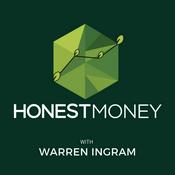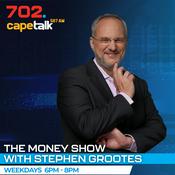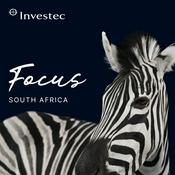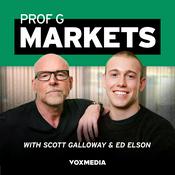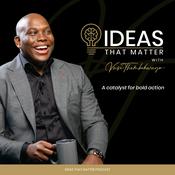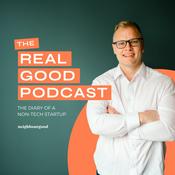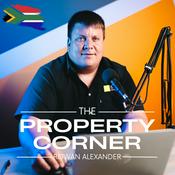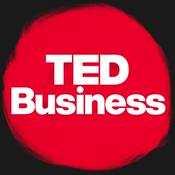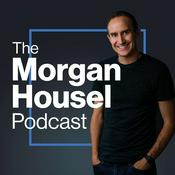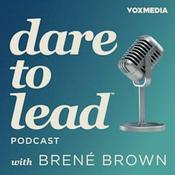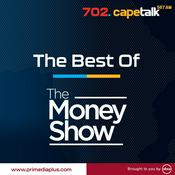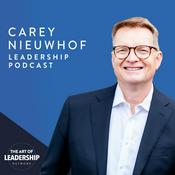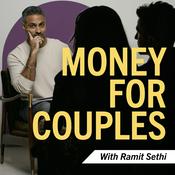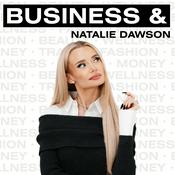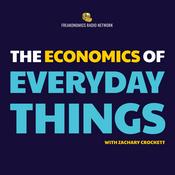426 episodes

S8 Ep64: A London economic consensus?
2025/12/12 | 43 mins.
Who would be a policymaker right now? The list of economic problems that we need to solve ranges from “very difficult” to “existential”. An ambitious new book collects the ideas of many influential economists on how to approach these challenges. But can it avoid the mistakes of previous attempts to find an economic policy consensus? Andrés Velasco and Tim Besley are two of the editors of The London Consensus. Tim Phillips joined them at The London School of Economics to ask why the book was created, how policymakers can use it, and whether we should be wary of economists bearing paradigms. Here's a link to the the book (you can download it too).

S8 Ep63: Do sanctions work?
2025/12/05 | 18 mins.
Economic sanctions are the big geoeconomic bazooka. But what does history tell us about how well they work, and their relevance today. And does the theory match the data? Moritz Schularick of the Kiel Institute for the World Economy and CEPR talks to Tim Phillips about the evidence of the history of sanctions on what they can achieve, whether we expect too much too soon from small sanctions – and whether politicians are prepared to impose the sanctions that bite.

S8 Ep62: The cost of lost biodiversity
2025/11/28 | 18 mins.
Biodiversity is essential for the wide range of economic activities that our planet needs. Yet, the economic consequences of its global decline are hard to estimate, because most population studies focus on individual species in isolation. Frederik Noack of the University of British Columbia argues that this misses a central insight about biodiversity: a healthy environment depends not just on individual species, but also on the way they work together to keep our natural environment in balance. One especially important aspect of this is the way that birds help keep crops safe from pests and reduce the need for pesticides. He tells Tim Phillips about the long-term decline of bird populations in the US and the knock-on effect on agriculture, and pollution.

S8 Ep61: The politics of sustainability reporting
2025/11/21 | 22 mins.
In 2021, at COP26, the International Accounting Standards Board announced it would create a standard for this reporting. It wants to integrate sustainability reporting with traditional IFRS accounting. Should firms be compelled by regulators to disclose their impact on the climate in their corporate reporting? Investors value convergence in sustainability reporting standards, but they are facing stiff opposition both in the US and Europe – even while developing economies embrace the new regime. Lucrezia Reichlin of the London Business School and CEPR talked to Tim Phillips on the progress to sustainability standards, the scope of reporting, who wants it, and who’s objecting to it.

S8 Ep60: The planet has a problem with populism
2025/11/19 | 34 mins.
In Europe and beyond, populist politicians continue to gain ground. What message are voters sending? Are politicians from other parties listening, and explaining their policies in a way that will successfully reach supporters of populist parties? There are one set of policies for which this may be a huge problem soon. What does this mean for that those tricky choices that politicians will have to make when dealing with the consequences of climate change, and sustainability? Sergei Guriev of London Business School and Catherine de Vries of Bocconi University have both examined what is driving support for populism, and the implications of populism in politics for the social contract. They tell Tim Phillips why the planet may have a populism problem.
More Business podcasts
Trending Business podcasts
About VoxTalks Economics
Listen to VoxTalks Economics, Honest Money and many other podcasts from around the world with the radio.net app

Get the free radio.net app
- Stations and podcasts to bookmark
- Stream via Wi-Fi or Bluetooth
- Supports Carplay & Android Auto
- Many other app features
Get the free radio.net app
- Stations and podcasts to bookmark
- Stream via Wi-Fi or Bluetooth
- Supports Carplay & Android Auto
- Many other app features


VoxTalks Economics
download the app,
start listening.
